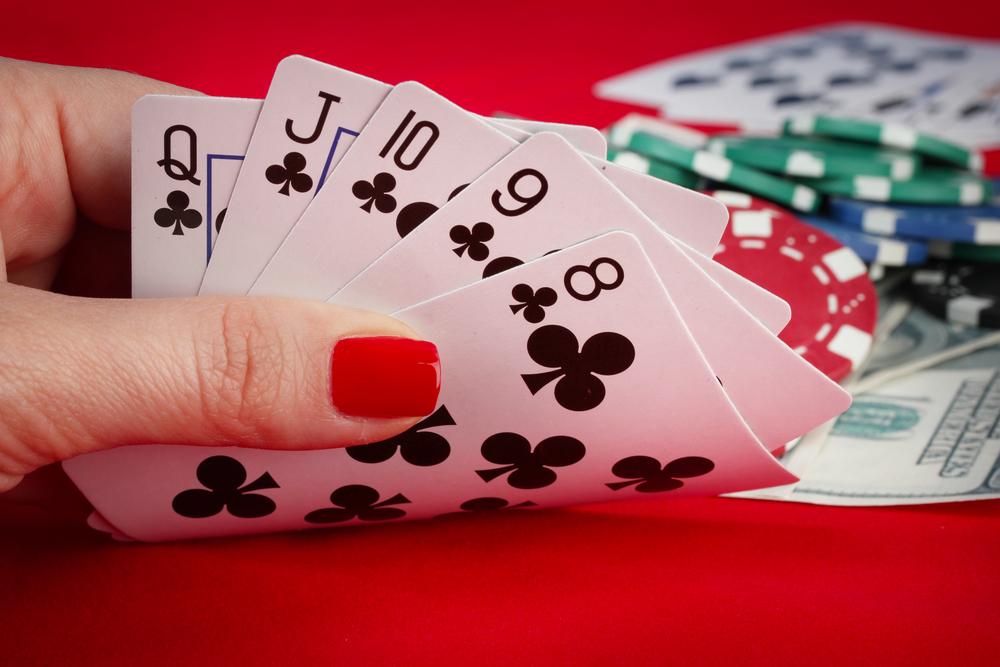Last week's article caused a significant response and dispute. It looks like our readers were split into two camps based on their viewpoints of the importance of classical games.
Our member kingcobra07 summarized the standpoint of his camp very well:
"This should have been titled how good is your memory of chess games. If anyone can remember these games from just a few pieces then they deserve to pat themselves on the back. I'm not sure this has that much to do with playing strength though, which is normally what we speak of when we call someone an expert player."
Indeed, was our quiz "Are You A Chess Expert?" just a test of your memory, or it also could somehow help you become a better chess player? In the test I offered almost an empty board with just a small bunch of pieces there, but each position represented a pattern that can possibly happen in your games.
What's the chance of you having one of these patterns in your next game? I cannot give you exact odds of course, but treat each pattern as a molecule of a chess game, a basic element. There are probably thousands of such tiny elements in chess, so from the mathematical point of view, you might play chess your whole life and still never face any of these patterns.
But take, for example our position #2 from the quiz:
Check
this article , which is entirely devoted to this pattern, and you'll see that it does happen in tournament games more than just once in a blue moon.
The same can be said about our position #5, the famous "Alekhine's Gun":
If you read
this article, you'd see that this pattern is quite popular and even was a subject of a rock song!
And how can we forget the position #3, the famous "Opera Game":
In
this article I shared my opinion that this is the best game ever played. It is also probably one of the most instructive games ever played, so you could learn something from it!
I could talk a lot about every single position from the test, but let's talk about the very first position:
It is very difficult for me to agree with the following opinion of one of our readers:
"Take the first one for example; it shows you three pawns. What game doesn't have three pawns in that position at some point with other pieces missing from the board? Could be every game ever played."
I think the exact opposite is true. It is very uncommon to have three connected pawns one step from the promotion square. But, if this is such a unique situation, why should we bother with this pattern then, you might ask.
Good question!
The position where White is completely helpless despite his huge material advantage indeed looks one of a kind. So why do we need to study this game besides the obvious aesthetic pleasure?
Well, let me quote Jack Singer from Honeymoon in Vegas: "Do you know what a straight flush is? It's like...unbeatable!"
To me, three connected pawns one step from the promotion square are a straight flush in chess! It is virtually unbeatable and when you get it, the game is usually over!
Just like this:
Even though I never had such a straight flush in my games, the knowledge of this pattern really helped me to play the best game of my life, which we analyzed
here.
At the critical moment of the game I was about to sacrifice the second piece in a row (little did I know at that moment that eventually I was going to sacrifice all my pieces!). The decisive factor in favor of the sacrifice was the following position that could have happened in the main variation:
While it is not quite the straight flush, I thought my three connected pawns should worth something even on the sixth rank.
So, I played 20.Bb5!! and as they say, the rest is history!
In conclusion, I want to reiterate my firm position: the knowledge of the classical games and the variety of chess patterns is not just about your chess erudition, it really helps you play better chess!








